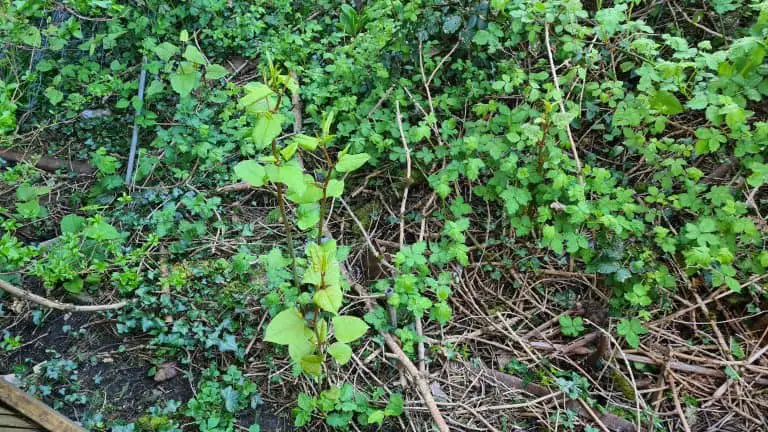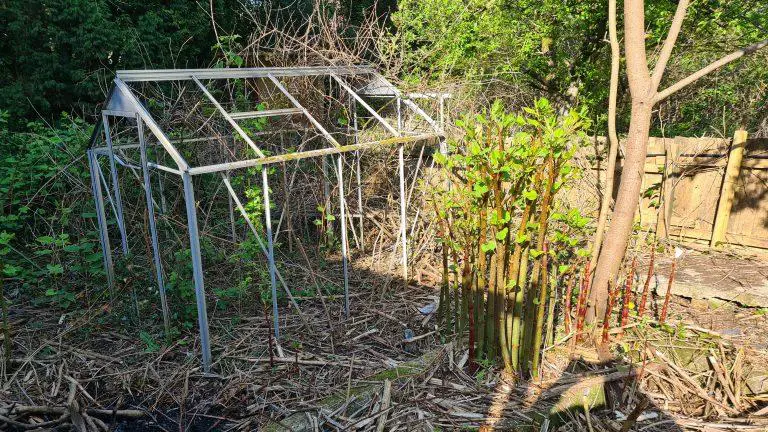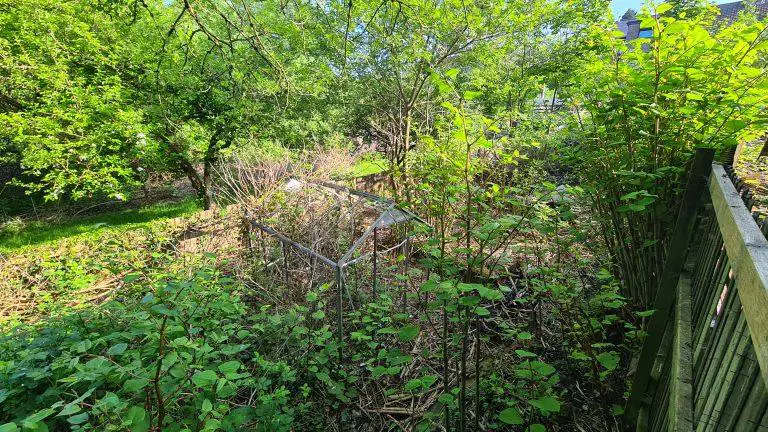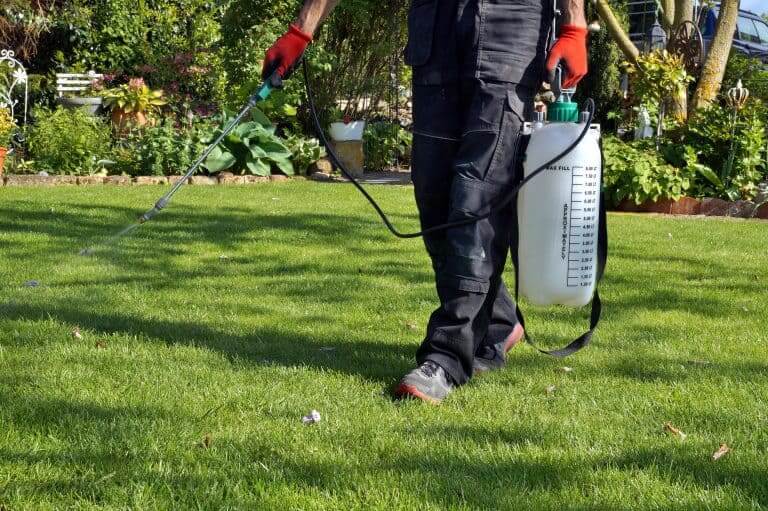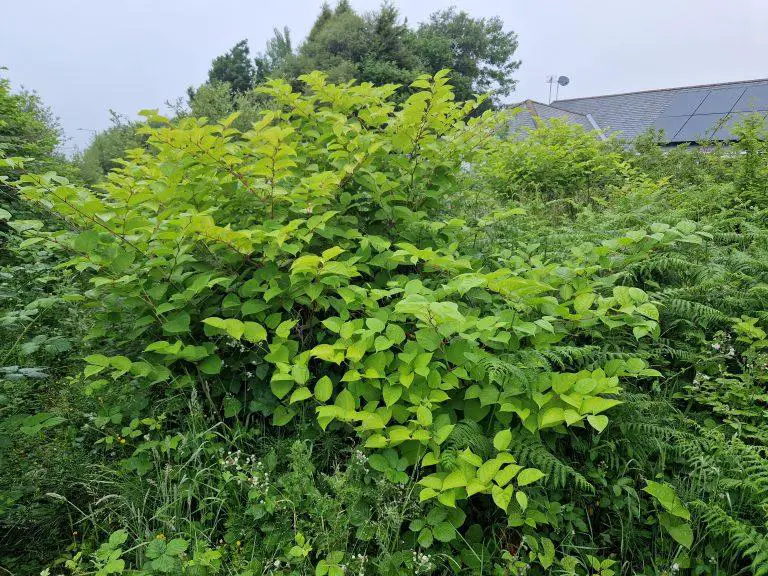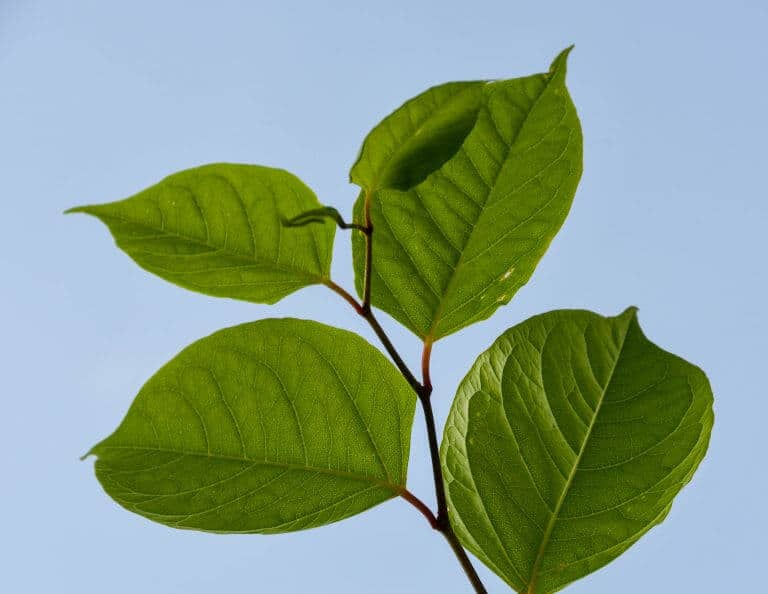If you’ve ever encountered Japanese knotweed, you know how invasive and destructive this plant can be. It can grow up to 10cm per day, and its roots can penetrate deep into the ground, causing damage to buildings, roads, and other structures. If you have an infestation of Japanese knotweed on your property, it’s crucial to get professional treatment as soon as possible.
Controlling Japanese knotweed is not an easy task, and it’s not something that you should attempt to do on your own. This invasive species requires specialist knowledge and equipment to eradicate effectively. Professional Japanese knotweed treatment can make all the difference in ensuring that the plant is completely removed and doesn’t return. It’s essential to choose a reputable company that has experience in dealing with this invasive plant and can provide a tailored treatment plan for your specific situation.
The Dangers of Japanese Knotweed
If you have Japanese Knotweed growing on your property, you should be aware of the potential dangers associated with this invasive plant. In this section, we will discuss the root and rhizome system of Japanese Knotweed, as well as its impact on the environment.
Root and Rhizome System
The root and rhizome system of Japanese Knotweed is incredibly extensive and can grow up to 3 metres deep and 7 metres wide. This means that the plant can cause significant damage to buildings, walls, and other structures. The roots can also penetrate pipes and drainage systems, causing blockages and other issues.
In addition to this, the rhizomes of Japanese Knotweed can spread rapidly, making it difficult to control the plant. Even small fragments of the rhizome can grow into new plants, which is why it is so important to get professional treatment if you have Japanese Knotweed on your property.
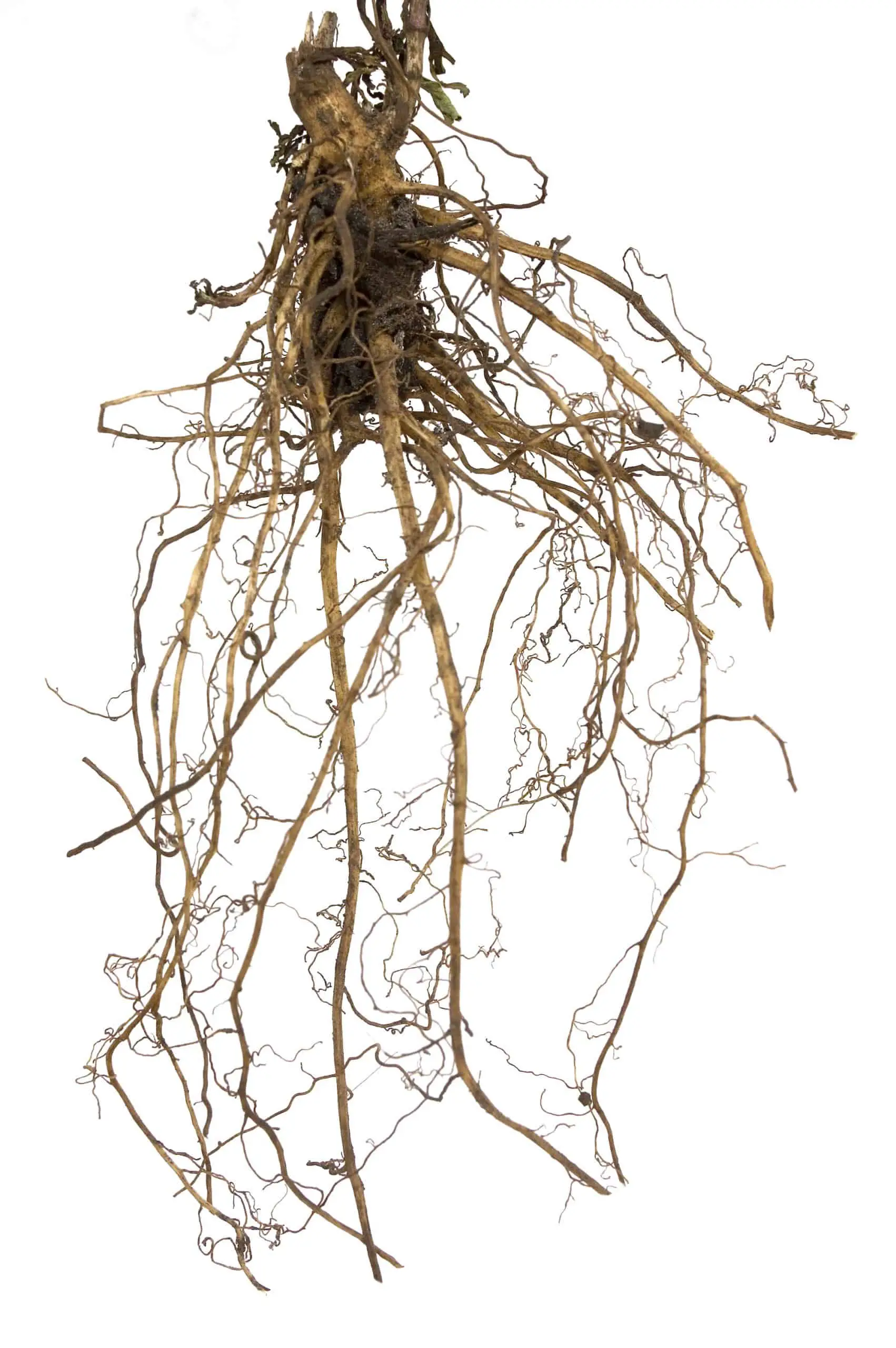
Impact on the Environment
Japanese Knotweed can have a significant impact on the environment. It can outcompete native plant species and reduce biodiversity, which can have knock-on effects on other species in the ecosystem. The plant can also cause soil erosion, which can lead to problems with flooding and water quality.
Another issue with Japanese Knotweed is that it produces a large amount of leaf litter, which can smother other plants and reduce the amount of light that reaches the ground. This can make it difficult for other species to grow and thrive.
In addition to this, the presence of Japanese Knotweed can have a negative impact on the economy. It can reduce the value of properties and make it more difficult to sell them. It can also increase the cost of insurance and mortgage applications.
In summary, Japanese Knotweed is an invasive plant that can cause significant damage to buildings and structures, as well as the environment. If you have Japanese Knotweed on your property, it is important to get professional treatment to prevent it from spreading and causing further damage.
The Health Benefits of Japanese Knotweed
Japanese Knotweed has been used in traditional Chinese medicine for centuries due to its various health benefits. In recent times, modern science has discovered that Japanese Knotweed contains several compounds that have potent health benefits. In this section, we will discuss some of the health benefits of Japanese Knotweed.
Resveratrol and Other Compounds
Japanese Knotweed is a rich source of resveratrol, a compound that has been shown to have various health benefits. Resveratrol is a natural antioxidant that helps to protect the body against damage caused by free radicals. It also has anti-inflammatory properties that help to reduce inflammation in the body.
Apart from resveratrol, Japanese Knotweed contains other compounds such as emodin, polydatin, flavonoids, quercetin, rutin, apigenin, isoquercitrin, reynoutrin, hyperoside, and kaempferol. These compounds have been shown to have various health benefits, including anti-inflammatory and antioxidant properties.
Anti-Inflammatory and Antioxidant Properties
Japanese Knotweed has been shown to have potent anti-inflammatory and antioxidant properties. Inflammation is a natural response of the body to injury or infection. However, chronic inflammation can lead to various health problems, including cancer, heart disease, and diabetes.
Japanese Knotweed contains compounds that help to reduce inflammation in the body. These compounds work by inhibiting the production of pro-inflammatory cytokines and enzymes. Japanese Knotweed also contains potent antioxidants that help to neutralize free radicals and protect the body against oxidative stress.
Studies have shown that Japanese Knotweed can be beneficial for people with conditions such as ulcerative colitis, arthritis, and neurodegenerative diseases. Japanese Knotweed supplements are available in the market, and they are a convenient way to get the health benefits of this plant.
In conclusion, Japanese Knotweed is a plant that has several health benefits. It contains compounds such as resveratrol, emodin, and polydatin, which have anti-inflammatory and antioxidant properties. Japanese Knotweed can be beneficial for people with conditions such as ulcerative colitis, arthritis, and neurodegenerative diseases. If you are interested in trying Japanese Knotweed supplements, it is essential to consult with your doctor first, as there are concerns about its toxicity.

The Importance of Getting Professional Treatment
If you have Japanese Knotweed growing on your property, it is important to get professional treatment to ensure that it is properly removed. Attempting to remove Japanese Knotweed yourself can be dangerous and ineffective, which is why it is important to rely on the expertise of professionals.
Herbicides and Cutting
One of the most common methods of Japanese Knotweed removal is through the use of herbicides. Professional Japanese Knotweed treatment services will use herbicides that are specifically designed to target the rhizomes of the plant, ensuring that it is properly removed.
Cutting Japanese Knotweed can also be effective, but it must be done properly to avoid spreading the plant further. Professionals have the knowledge and tools necessary to cut Japanese Knotweed in a way that minimizes the risk of spreading it.
The Risks of DIY Treatment
Attempting to remove Japanese Knotweed yourself can be dangerous and ineffective. DIY treatments often involve cutting or mowing the plant, which can cause it to spread further. Additionally, DIY herbicides may not be effective in removing the plant, which can lead to it growing back stronger.
Furthermore, Japanese Knotweed can be toxic and should be handled with care. Professionals have the training and equipment necessary to safely remove Japanese Knotweed without putting themselves or others at risk.
In conclusion, getting professional Japanese Knotweed treatment is essential for the effective and safe removal of the plant. Professionals have the knowledge, tools, and equipment necessary to ensure that the plant is properly removed without causing further damage or spreading it further. Don’t take the risk of attempting to remove Japanese Knotweed yourself – rely on the expertise of professionals to get rid of it for you.

